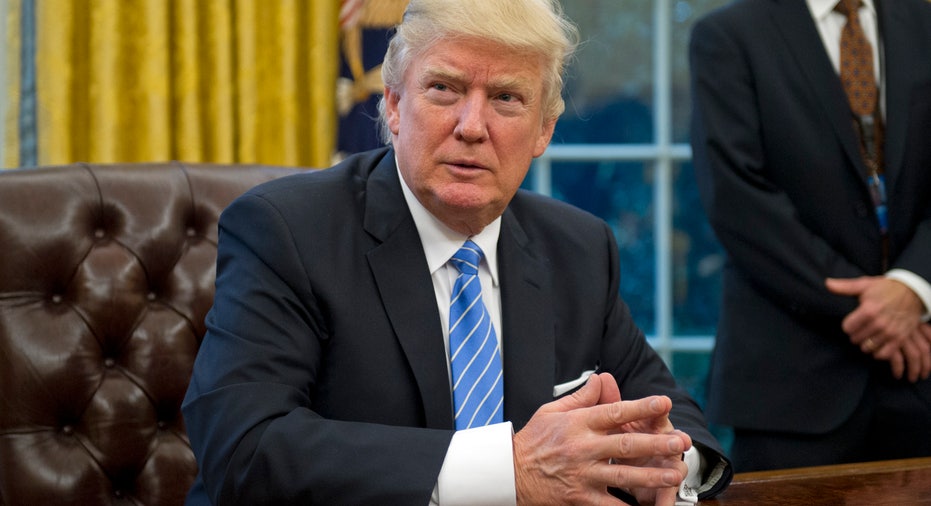Trump Administration Triggers Launch of NAFTA Renegotiations

The Trump administration on Thursday formally launched its effort to renegotiate the North American Free Trade Agreement with Canada and Mexico to try to win better terms for U.S. workers and manufacturers.
With a letter to U.S. lawmakers, U.S. Trade Representative Robert Lighthizer said he triggered a 90-day consultation period with Congress, U.S. industries and the American public that would allow talks over one of the world's biggest trading blocs to begin by Aug 16.
Renegotiation of NAFTA was a key campaign promise of U.S. President Donald Trump, who frequently called the 23-year-old trade pact a "disaster" that has drained U.S. factories and well-paid manufacturing jobs to Mexico.
Lighthizer told reporters that NAFTA has been successful for U.S. agriculture, investment services and the energy sector, but not for manufacturing. He added that he hopes to complete negotiations by the end of 2017.
"As a starting point for negotiations, we should build on what has worked in NAFTA and change and improve what has not," Lighthizer said in a conference call with reporters. "If renegotiations result in a fairer deal for American workers there is value in making the transition to a modernized NAFTA as seamless as possible."
In his letter to congressional leaders, Lighthizer said NAFTA needs modernization for digital trade, intellectual property rights, labor and environmental standards, rules for state-owned enterprises and food safety standards.
The letter is available here. (https://ustr.gov/sites/default/files/files/Press/Releases/NAFTA%20Notification.pdf)
It is less detailed than a draft sent to lawmakers in March, which said the Trump administration would seek tax equality and the ability to reimpose tariffs if Mexican and Canadian imports pose a serious injury threat to U.S. industry.
Trump late in April had considered a full withdrawal from NAFTA, but was persuaded by senior officials in his administration to pursue negotiations instead. Lighthizer said he did not think a new threat to withdraw from NAFTA would be necessary.
"As the president has said, we are going to give renegotiation a good strong shot," Lighthizer told reporters, adding that he believed Canada and Mexico would negotiate in good faith.
He said he hoped to maintain the current trilateral format of NAFTA, but noted that many of NAFTA's problems are bilateral issues that need to be worked out with either Mexico or Canada.
"Our hope is that we can end up with the structure similar to what we have now. If that should prove to be impossible, then we'll move in a different direction."
Asked if the NAFTA talks would seek to resolve trade disputes over imports of Canadian softwood lumber or Mexican sugar, he said he hoped that those issues would be settled before the NAFTA talks begin under separate negotiations being conducted by the U.S. Commerce Department.
Lighthizer said he will seek public comment on the process and intends to publish negotiating objectives on or about July 16.
(Reporting by David Lawder; Editing by Paul Simao and Tom Brown)